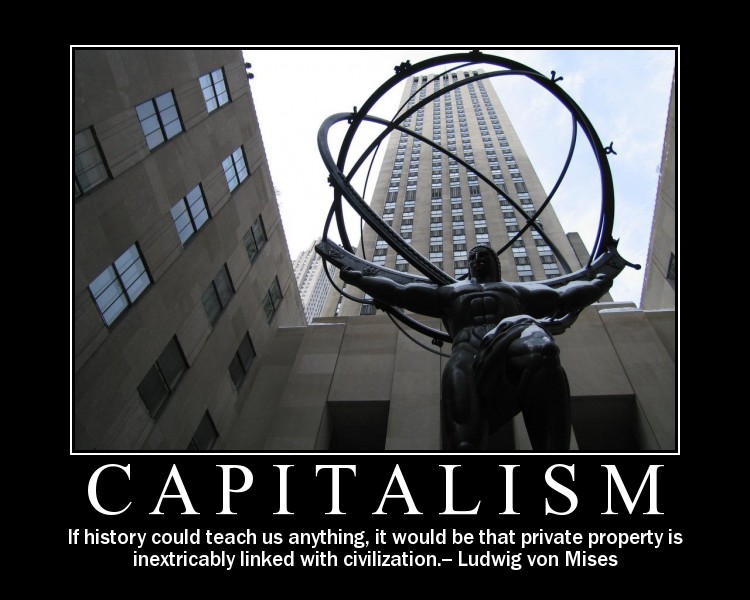The Wall Street Journal | by Stephen Moore| January 9, 2009
Some years ago when I worked at the libertarian Cato Institute, we used to label any new hire who had not yet read “Atlas Shrugged” a “virgin.” Being conversant in Ayn Rand’s classic novel about the economic carnage caused by big government run amok was practically a job requirement. If only “Atlas” were required reading for every member of Congress and political appointee in the Obama administration. I’m confident that we’d get out of the current financial mess a lot faster. [Read more…]

 by Chris Banescu –
by Chris Banescu – by Warren E. Buffet – Oct. 17, 2008
by Warren E. Buffet – Oct. 17, 2008